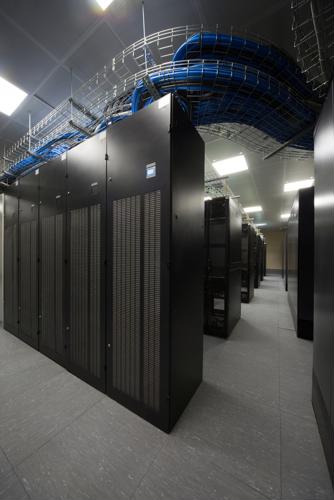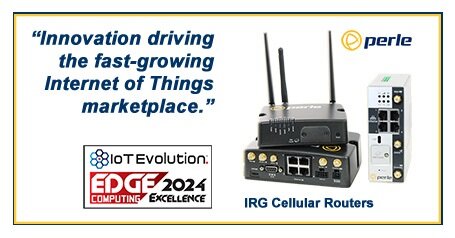
Net neutrality debates pull the plug on AT&T's fiber roll out
By Donna DonnowitzNovember 13, 2014
Ambitious providers fill the gap
While telecoms have functionally bottlenecked the rise of cheaper, faster Internet service, several organizations are working to bring fiber to the mainstream. Google Fiber's ambitious rollout is expected to continue into Austin by December, according to the Austin Business Journal. Wave Broadband has recently developed a $60 per month broadband service for Seattle customers, said The Seattle Times. Likewise, Prairie Business reported that U.S. Internet customers in Milwaukee will have new fiber opportunities by 2020.
Regardless of the FCC's decision, fiber-optic broadband service seems destined to go global. Beyond being driven by its growing popularity, fiber is also supported by a long list of industry accessories that help make the service more accessible to different clients. Fiber to Ethernet solutions, for instance, can help IT companies connect their data facility to broadband without replacing legacy copper infrastructure. The technology is bound to grow even more accessible as fiber continues its spread across the country.
Perle has an extensive range of Managed and Unmanaged Fiber Media Converters to extended copper-based Ethernet equipment over a fiber optic link, multimode to multimode and multimode to single mode fiber up to 160 km.



